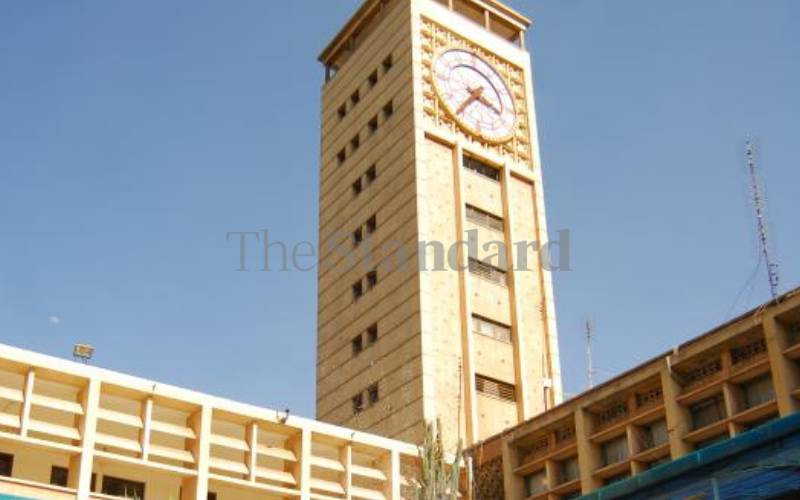×
The Standard e-Paper
Stay Informed, Even Offline

When President William Ruto indicated at a Kenya Kwanza parliamentary group meeting in Naivasha last week that the leaders needed lessons on etiquette, many giggled.
They probably thought that was a rather funny proposition, more so coming from the Head of State.